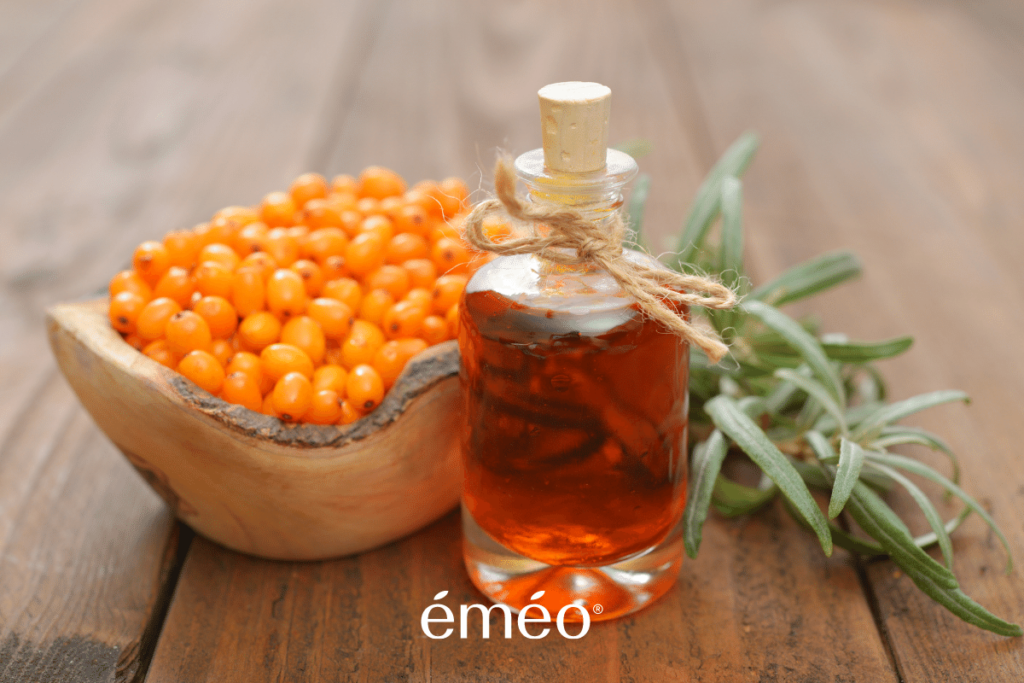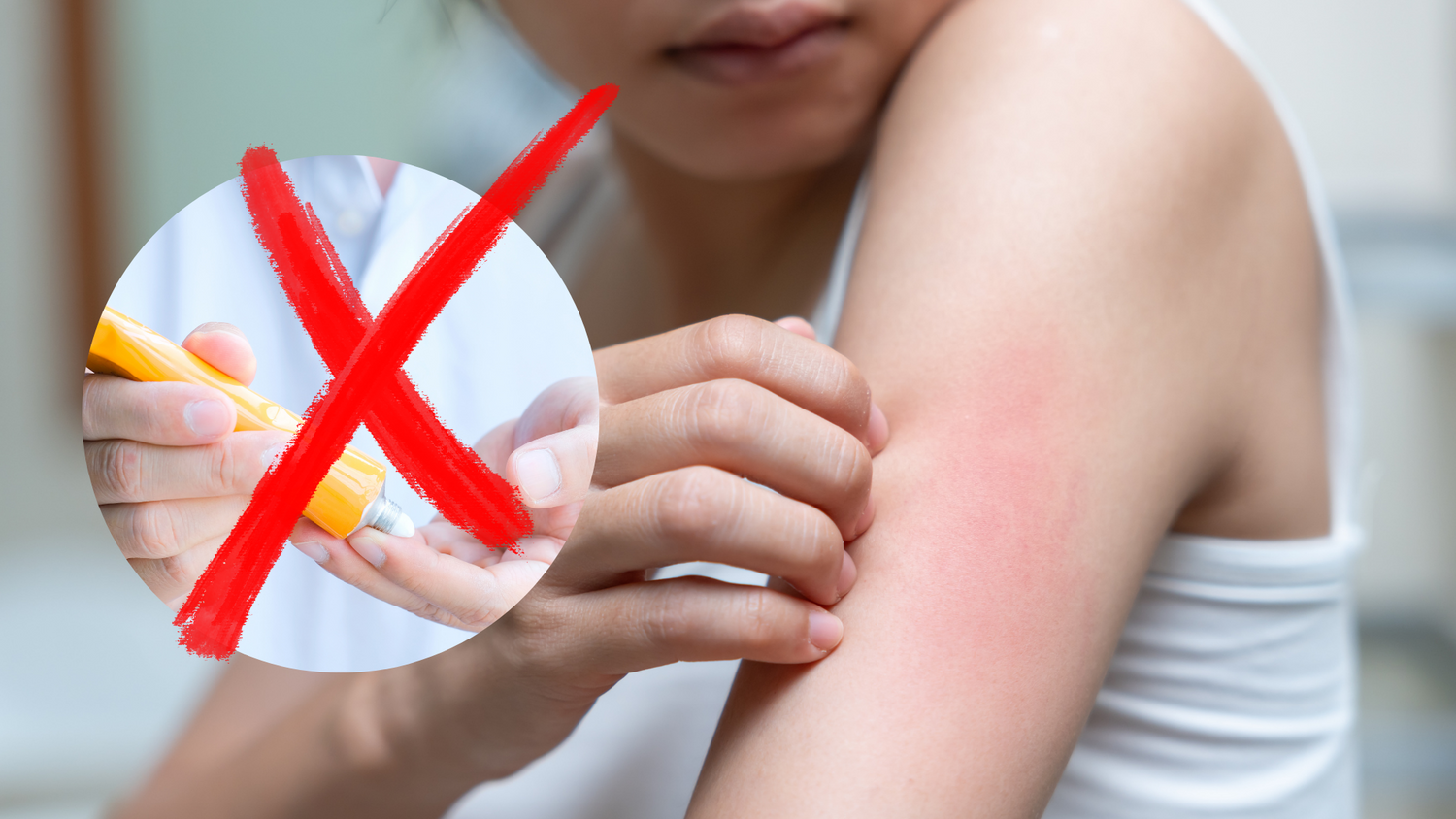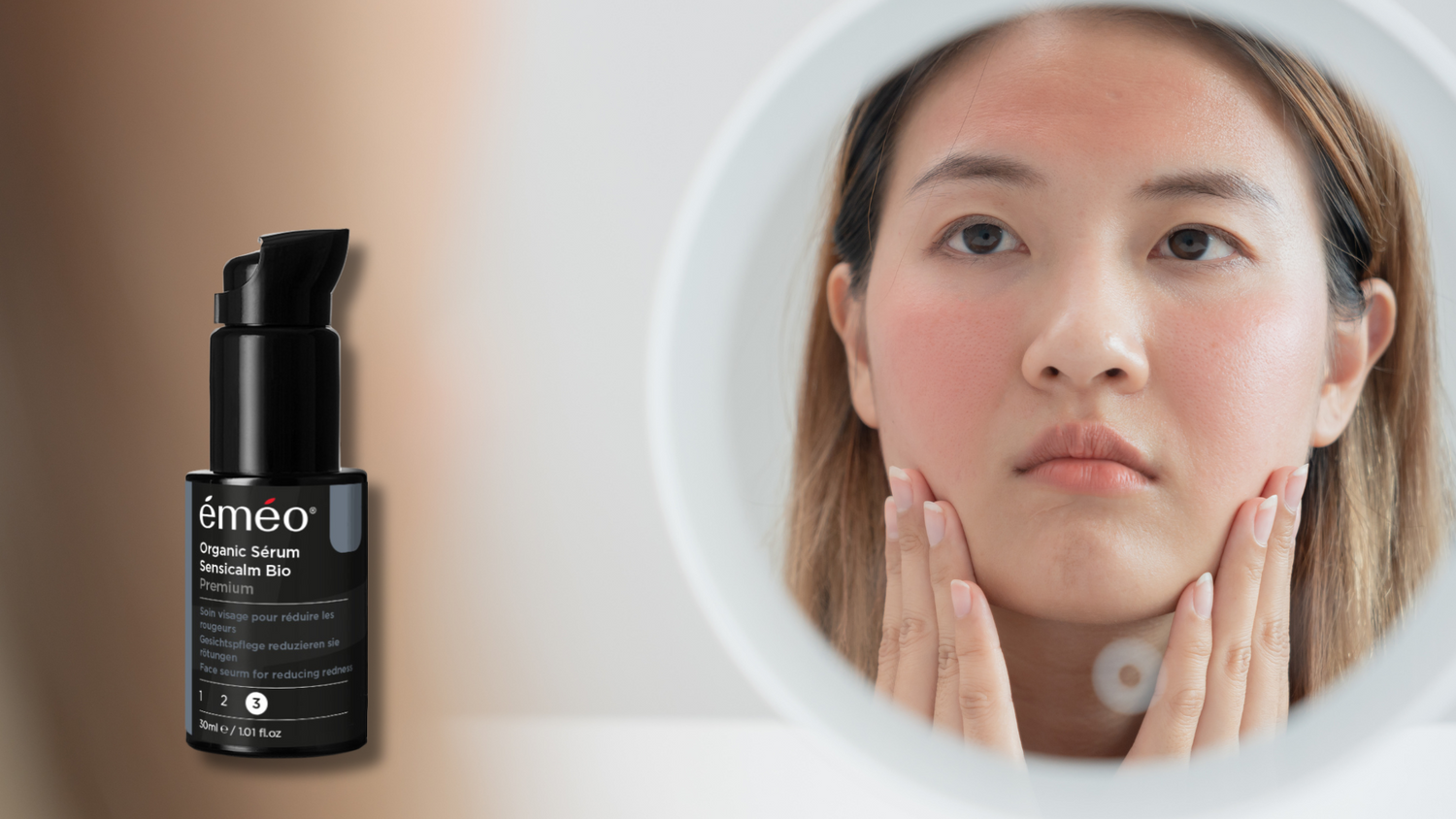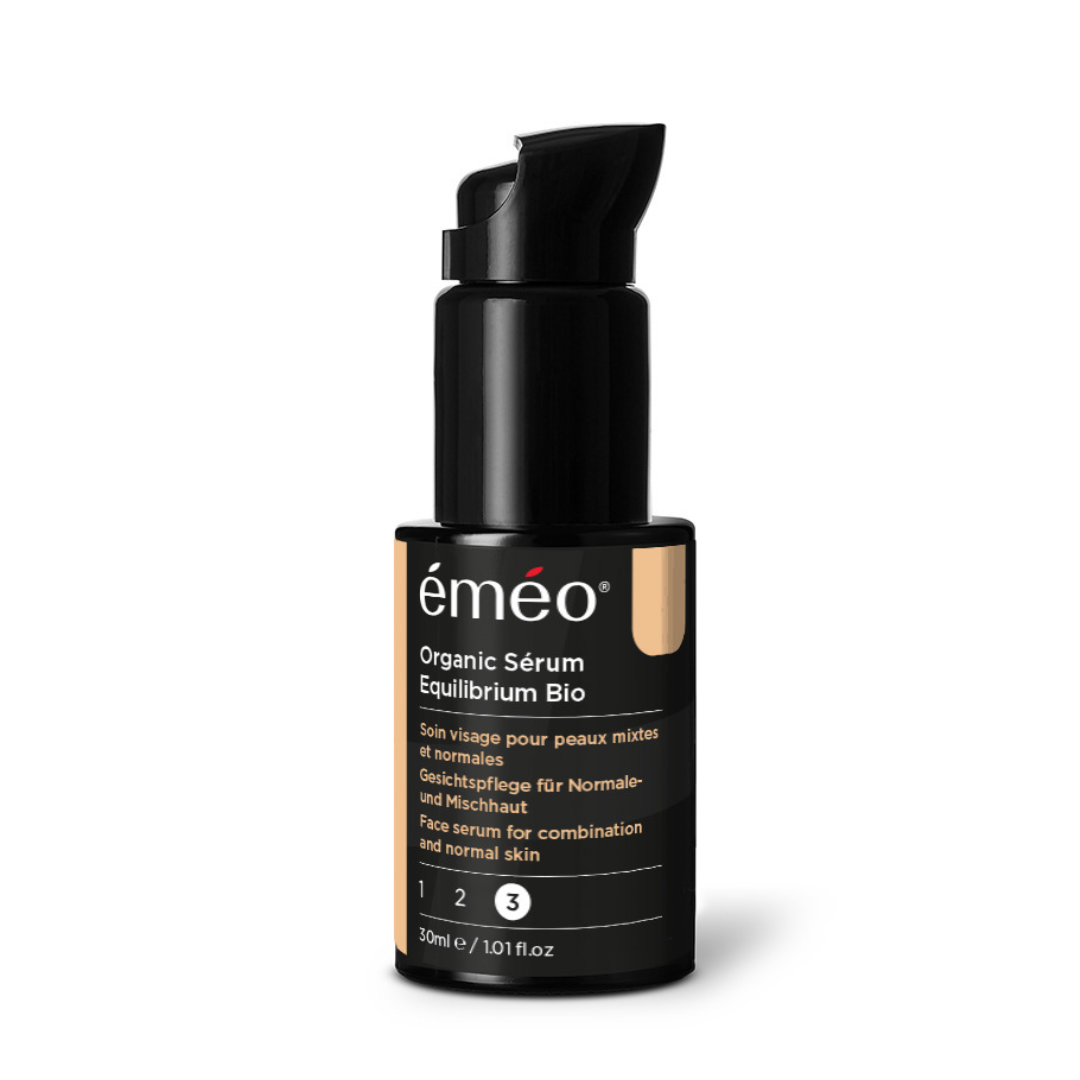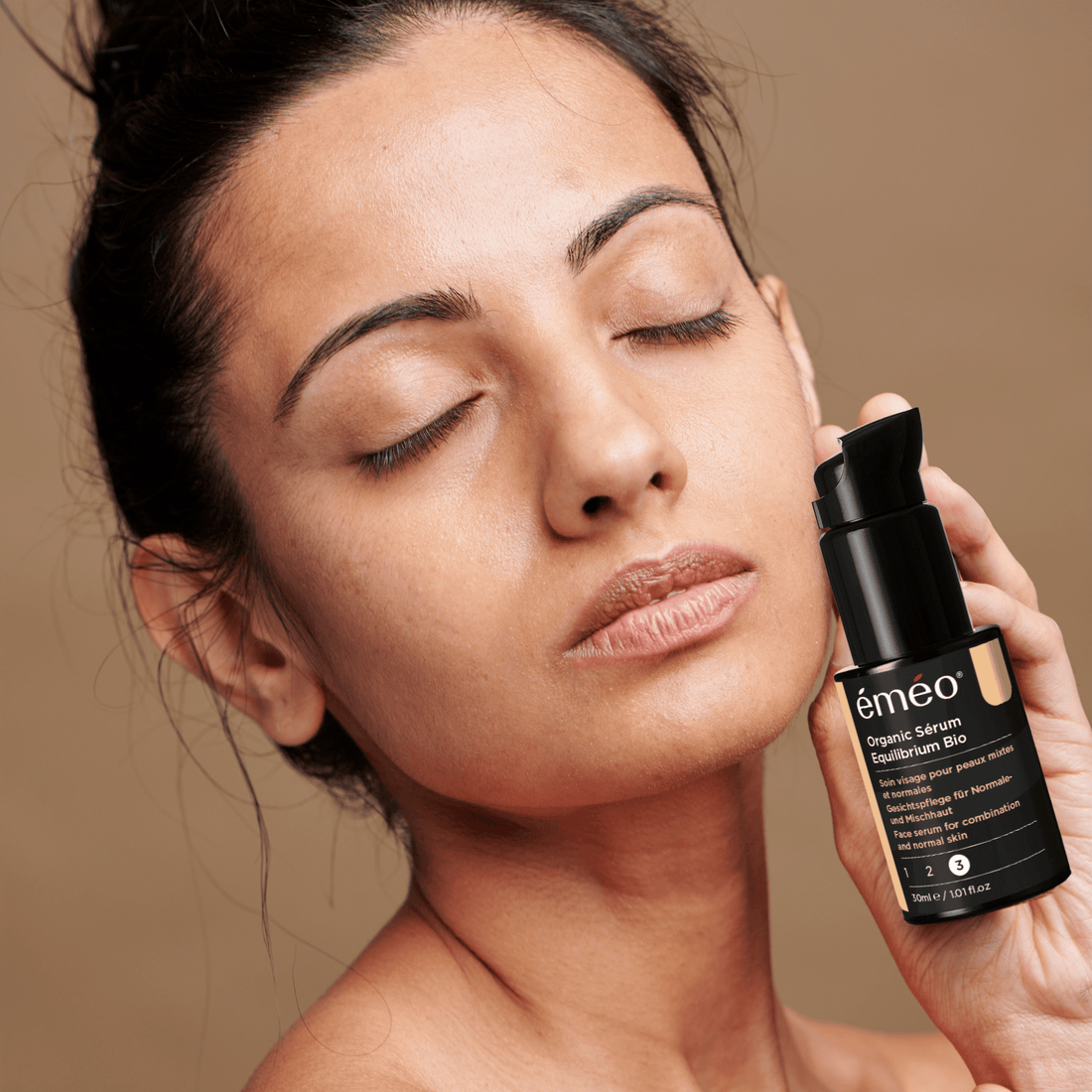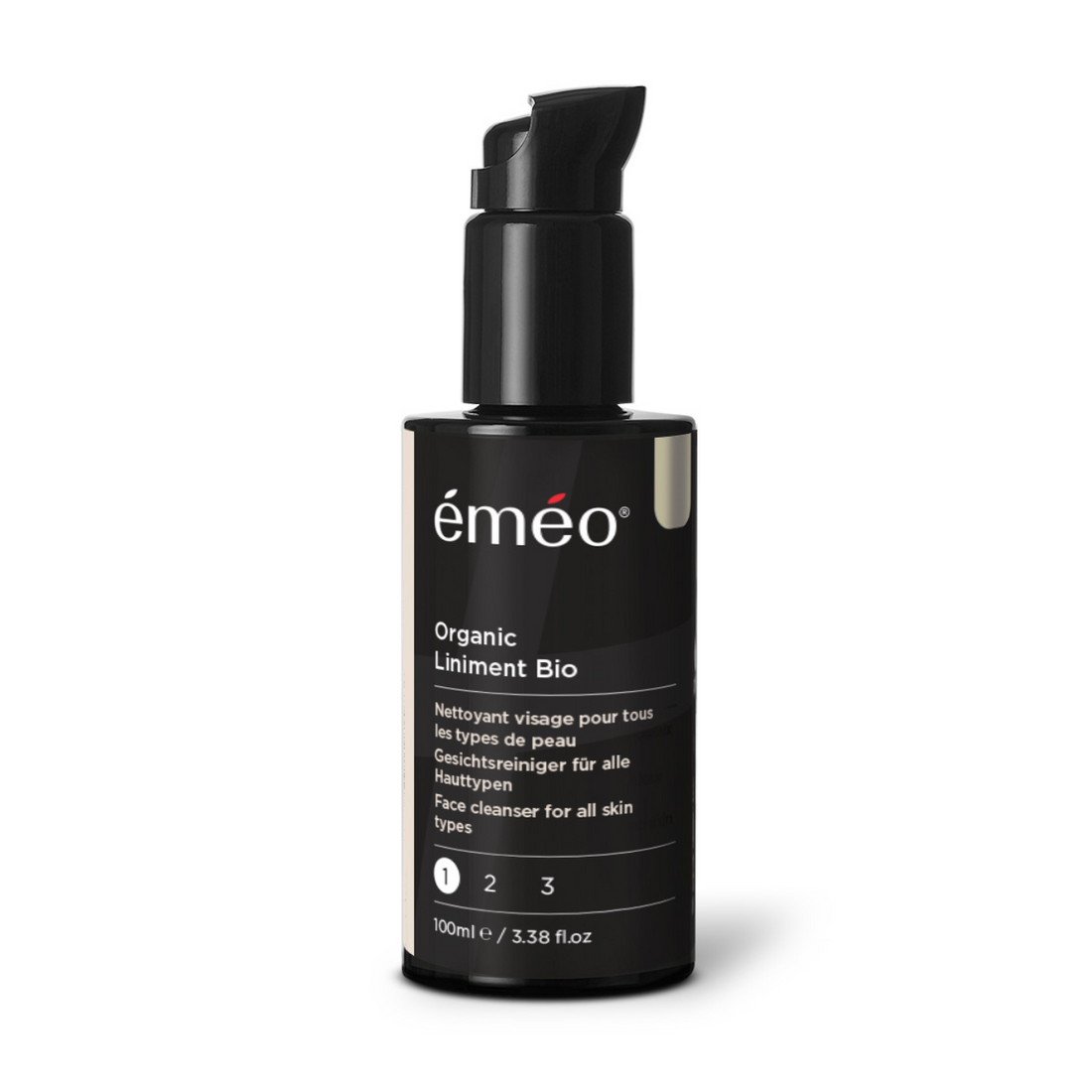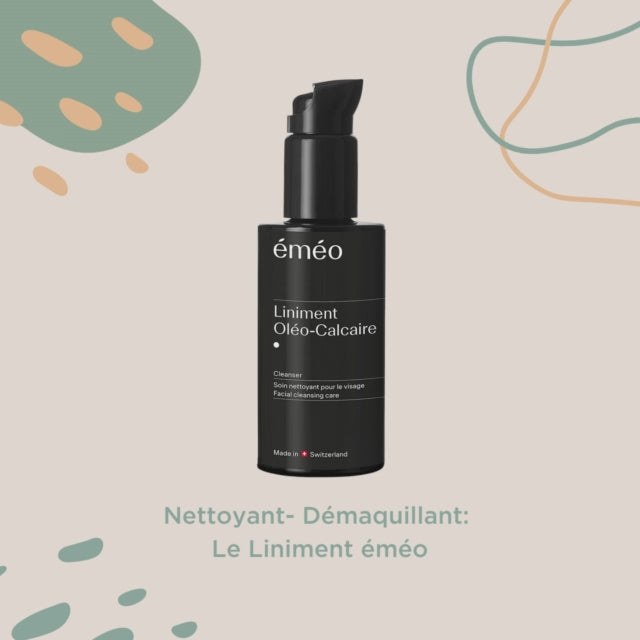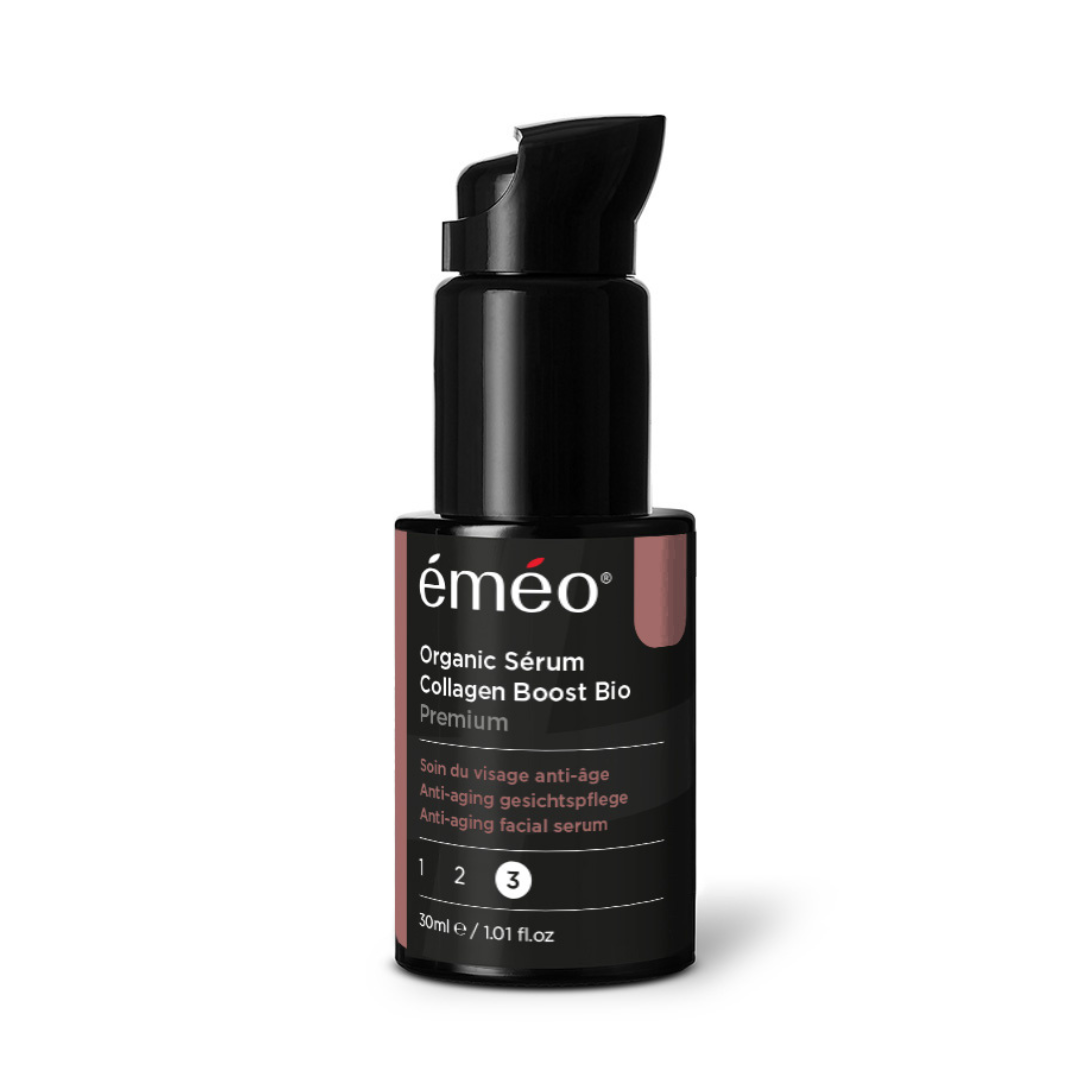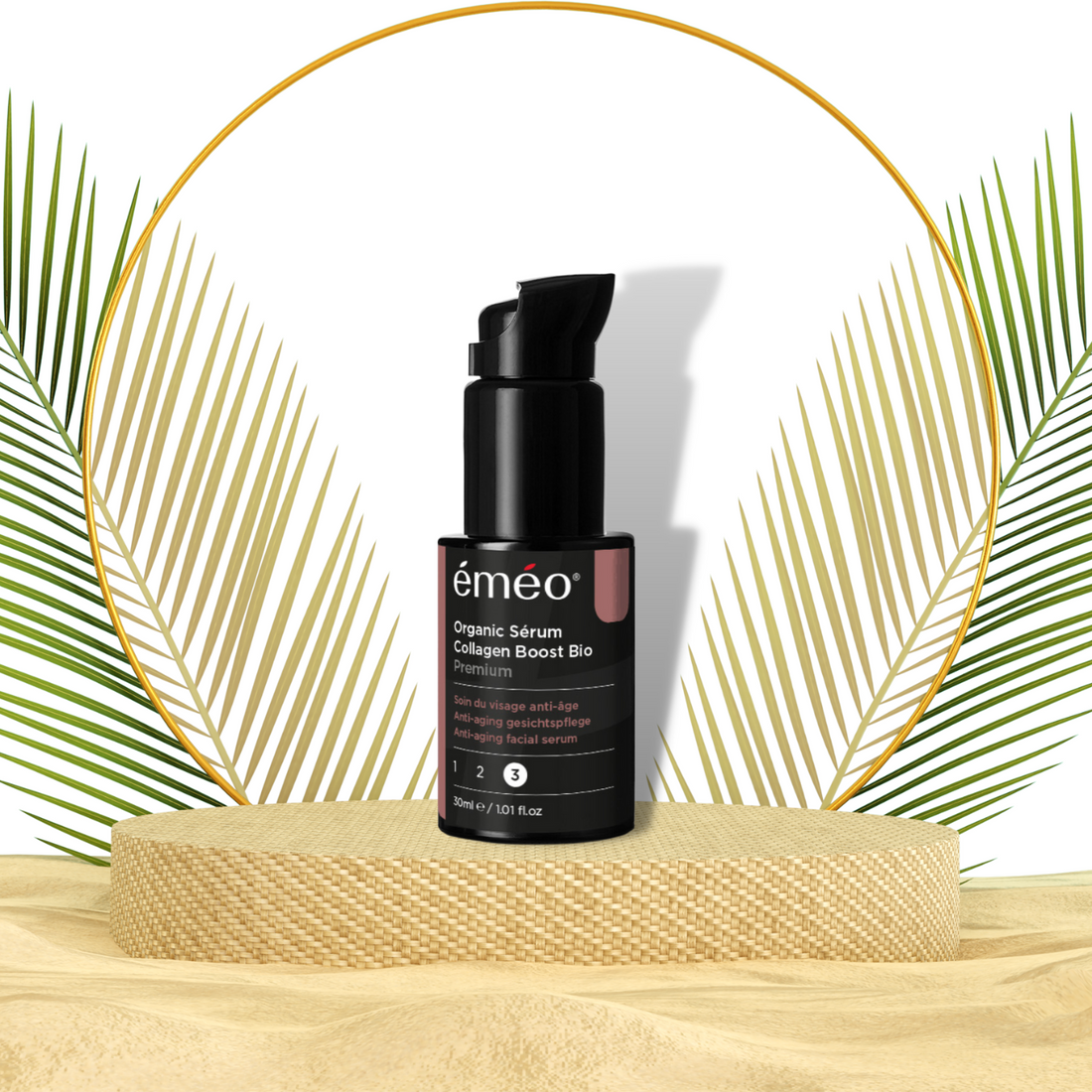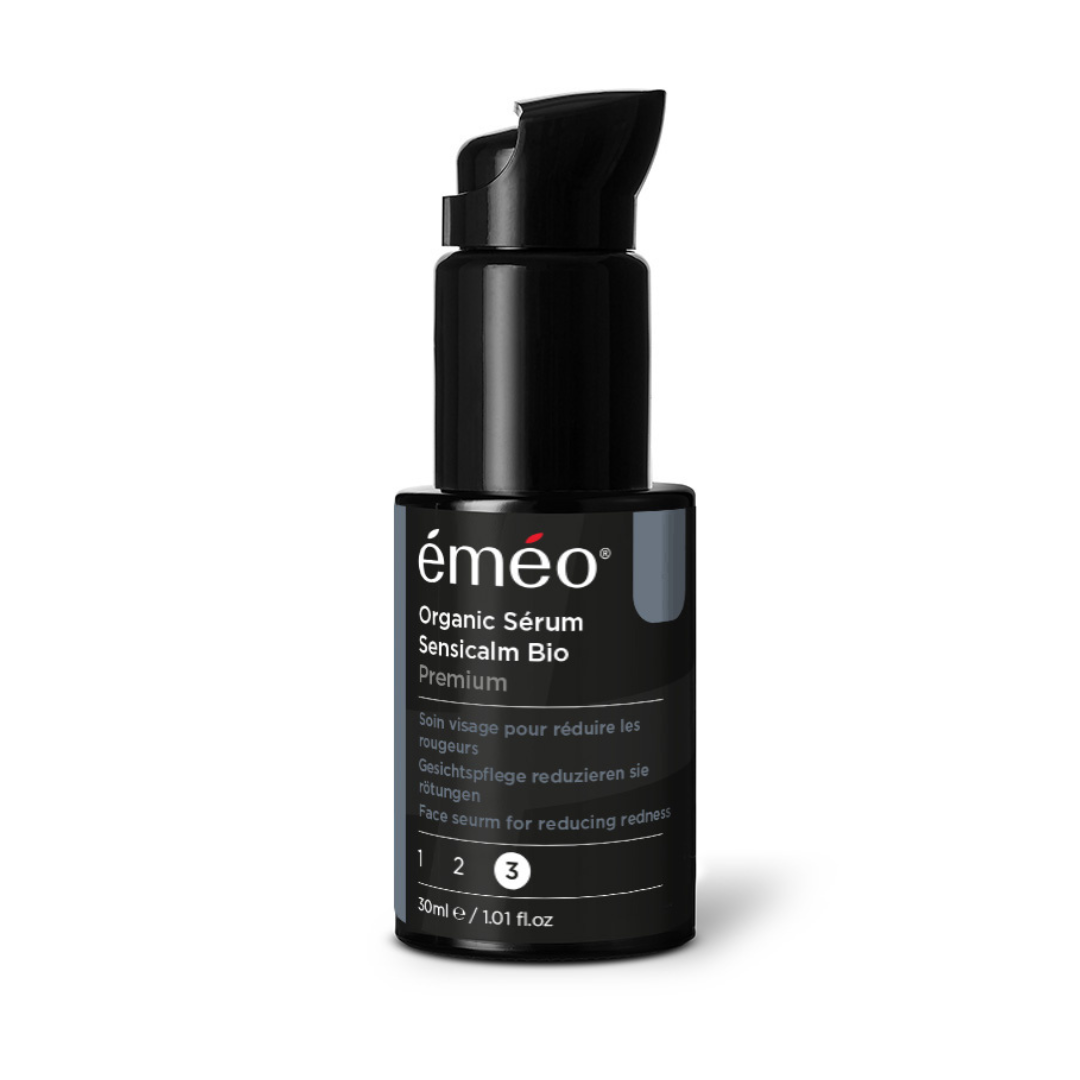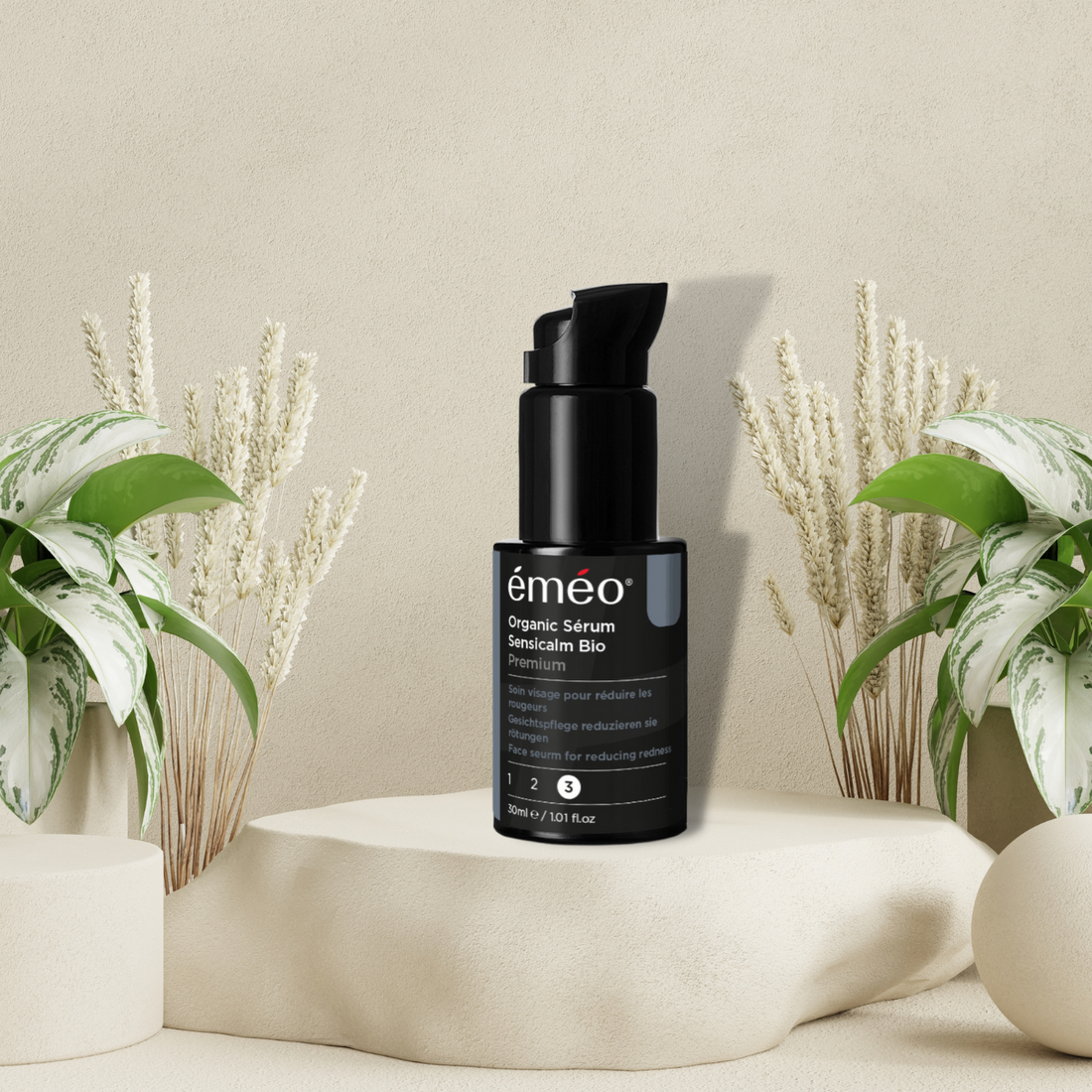The eczema of our son prompted us to search for solutions to take care of his skin. We wanted to avoid cortisone and creams containing paraffin or other mineral oils.
I knew about sweet almond oil, but that was the extent of my knowledge. My husband and I delved into natural alternatives for treating eczema by researching on Google, perhaps just like you today.
We came across the virtues of vegetable oils, and considering my husband's Caribbean background, tropical oils and plant-based butters were the first things we tried.
To find a solution to a skin issue, it's essential to understand how this skin condition manifests. This understanding is key to finding natural solutions to treat eczema.
What is eczema exactly?
Eczema is a pruritic dermatosis characterized by a non-contagious inflammation of the skin accompanied by redness, small vesicles, and itching. It can start early in life and is even observed in infants. Those affected experience periods commonly called "eczema flare-ups," during which symptoms worsen. These flare-ups, of variable duration, are interspersed with periods of remission. Eczema is often associated with asthma or various allergic reactions.
The mechanism of eczema is not yet fully understood; it is believed to affect both the immune system and the skin cells that act as a barrier against allergens.
Eczema is thought to have a genetic component, but environmental factors such as the presence of chemical irritants or stress can influence its onset.
Among all skin diseases, eczema is the most common: it represents up to 30% of dermatology consultations. In industrialised countries, it affects between 15% and 30% of children and between 2% and 10% of adults. According to recent estimates, cases of eczema have doubled, or even tripled, over the past 30 years.
Three Types of Eczema
Atopic Eczema
This is the most common form of chronic eczema. Atopy is the tendency to react with allergic reactions to contact with normally harmless allergens (dust, pollen, animal fur, etc.).
Contact Dermatitis
Eczema is called contact dermatitis when outbreaks are triggered by skin irritation from contact with foaming bath products, soap, sweat, saliva, etc. This can be either allergic or irritant (non-allergic), caused by simple contact.
Seborrheic Eczema
Greasy, yellowish, scaly patches form, mostly on the scalp. It's commonly known as "cradle cap" in infants. In adults, it can cause a serious dandruff problem. Seborrheic eczema in adults can sometimes spread to the face, ears, and chest. It can be accompanied by a fungal infection of the Malassezia type.
Individuals Susceptible to Developing Eczema
People with a close family member or personal history of allergies (allergic asthma, allergic rhinitis, food allergies, certain hives) are more at risk of suffering from atopic eczema.
Individuals living in dry climates or urban areas are more likely to develop atopic eczema.
There is also a hereditary tendency for seborrheic eczema.
Other Risk Factors
Although eczema has a strong genetic component, many factors, highly variable from one individual to another, can exacerbate eczema.
- Irritations caused by skin contact (wool and synthetic fibers, soaps and detergents, perfumes, cosmetics, sand, cigarette smoke, etc.).
- Allergens from foods, plants, animals, or the air.
- Hot and humid conditions.
- Frequent wetting and drying of the skin.
- Emotional factors such as anxiety, relationship conflicts, and stress. Experts indeed recognize the considerable importance of emotional and psychological factors in exacerbating many skin conditions, including eczema.
- Skin infections, especially those caused by fungi like athlete's foot.
Natural Care
These methods of natural care help heal eczema and relieve outbreaks. The following solutions are topical; it's equally important to take care of the skin from the inside.
Aloe (Aloe Vera Gel)
Aloe vera gel is a clear mucilage extracted from the center of the large leaves of this plant. It has emollient properties and is often used in dermatology. Researchers have examined the effectiveness of aloe for treating seborrheic eczema.
A study was conducted on 44 individuals treated with an emulsion containing 30% aloe applied twice a day, compared to a placebo. At the end of the 4 to 6-week treatment period, improvement was more significant in the group treated with aloe.
In another trial in 2003, involving 30 female workers in a manufacturing plant suffering from hand eczema, they tested the effectiveness of gloves designed to release aloe vera gel throughout the workday. The study's authors concluded that this technique effectively relieved the symptoms suffered by these workers.
Note: Aloe can be irritating for some individuals.
Plant-Based Oils for Eczema
Borage Oil
In a study, the attenuation of eczema symptoms (redness and itching) in children was achieved by the external application of borage oil. However, the skin hydration resulting from the application of any oil, regardless of type, could explain the observed effects.
Shea Butter
Shea butter has powerful regenerative and reparative properties for the skin due to the naturally contained vitamins A, D, E, and F.
Coconut Oil
Organic cold-pressed virgin coconut oil is a highly effective moisturizer. Many people suffering from eczema find it much more effective than conventional store-bought creams. A study demonstrates the reduction in the presence of bacteria such as staphylococci and improvement in skin hydration.
Black Seed Oil (Nigella Sativa Oil)
It has soothing, regenerative, and anti-inflammatory properties.
Ready-to-Use éméo Care for Eczema Relief
The following care products will help soothe irritation, redness, and inflammation.
Bio Acnérium Serum
For irritated scalp, seborrheic dermatitis. Our Acnérium serum composed of 4 vegetable oils and 3 essential oils, create a fantastic synergy to relieve an irritated scalp.
Bio Calm Butter
A mixture of shea butter, coconut oil, and essential oils of lavender, geranium, and tea tree, delicately whipped. This is the first care product we created and it's a bestseller!
Vanilla Bliss Treatment Oil
The natural ingredients in our treatment oil include sesame oil, castor oil, hemp oil, apricot oil, jojoba oil, and vanilla macerate.
And you, have you found other natural solutions for taking care of eczema?



